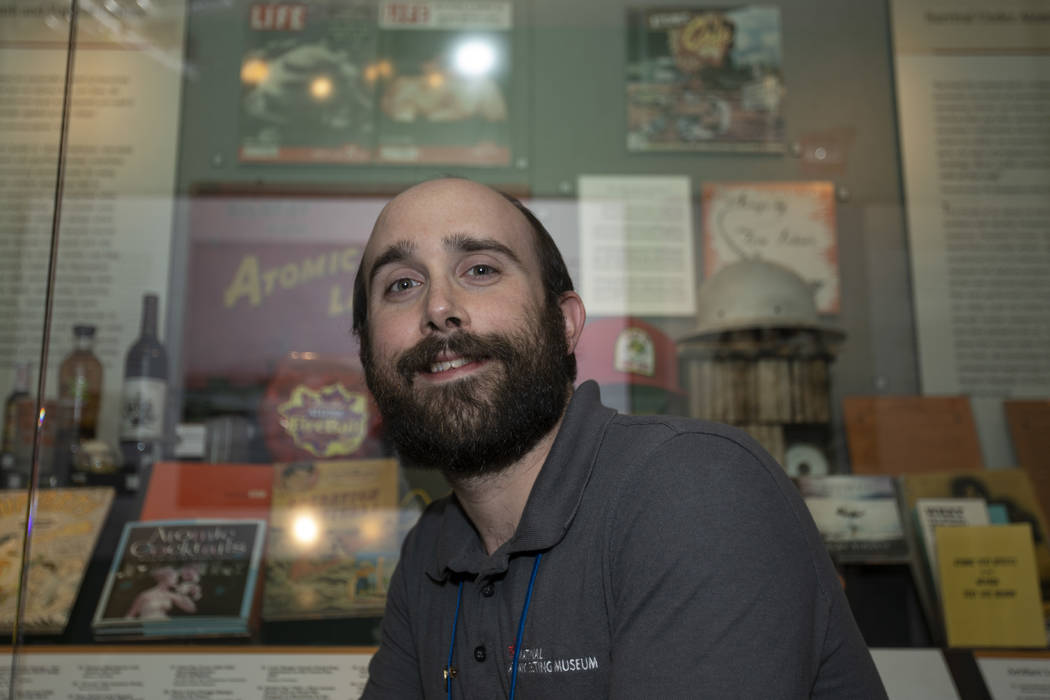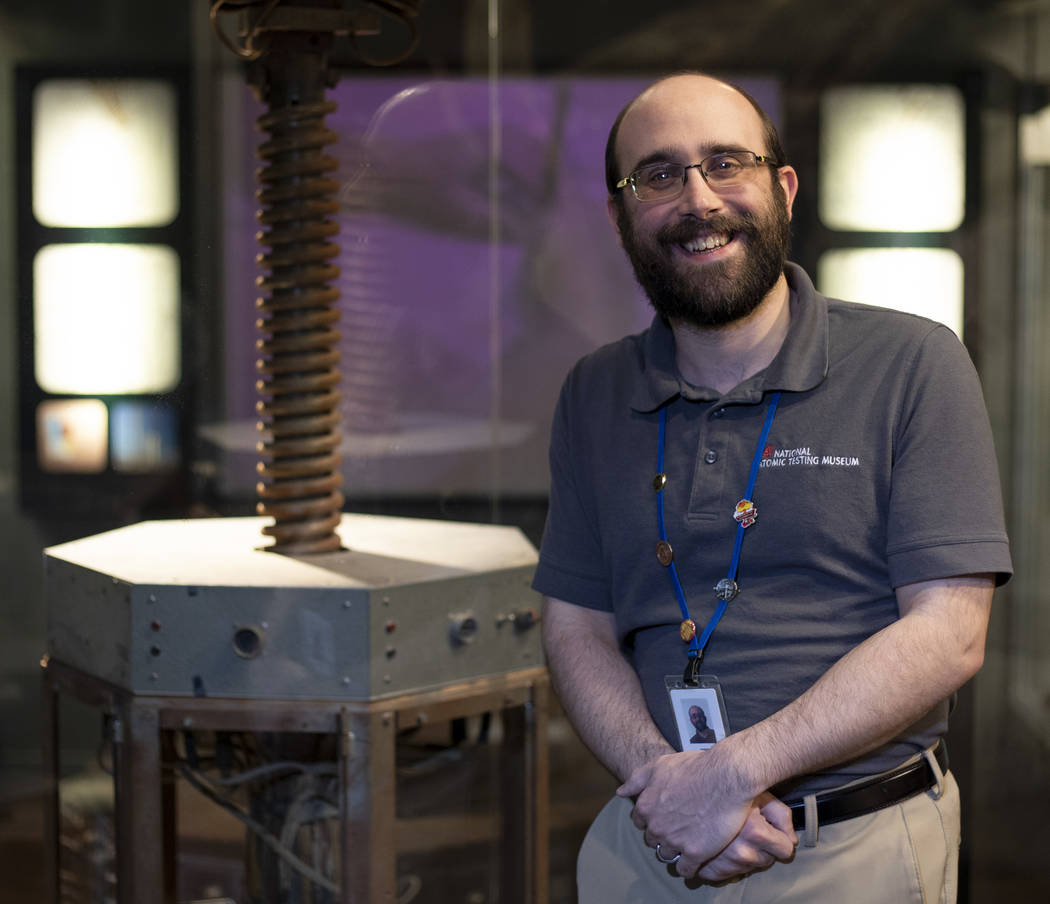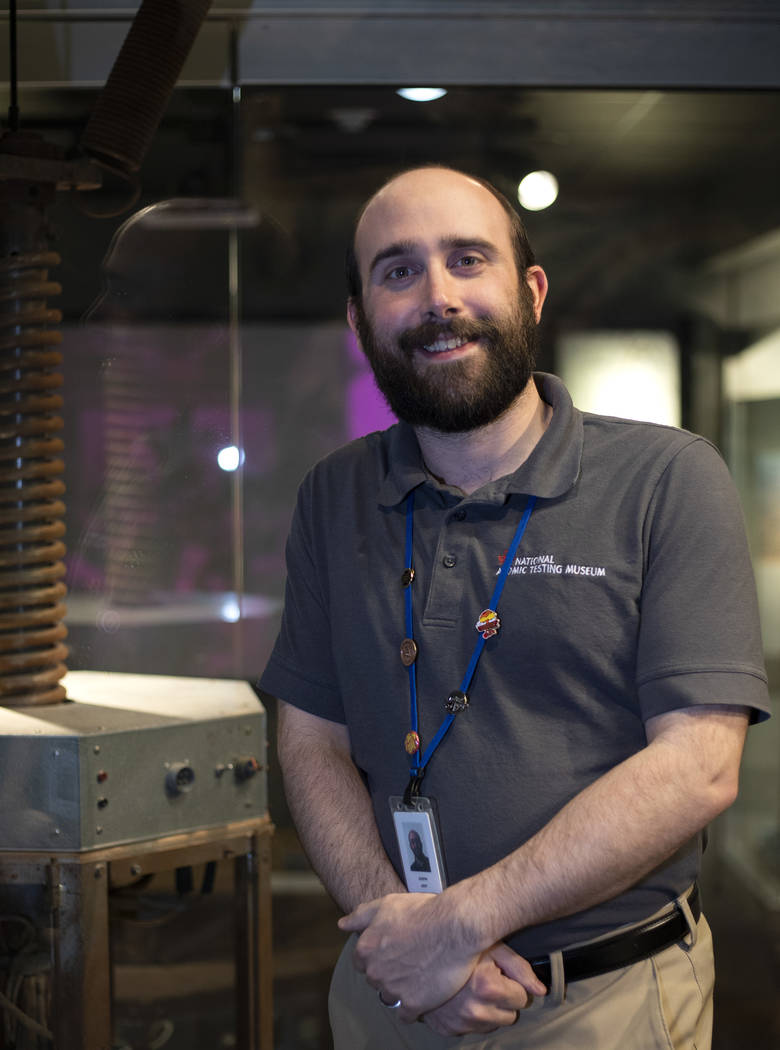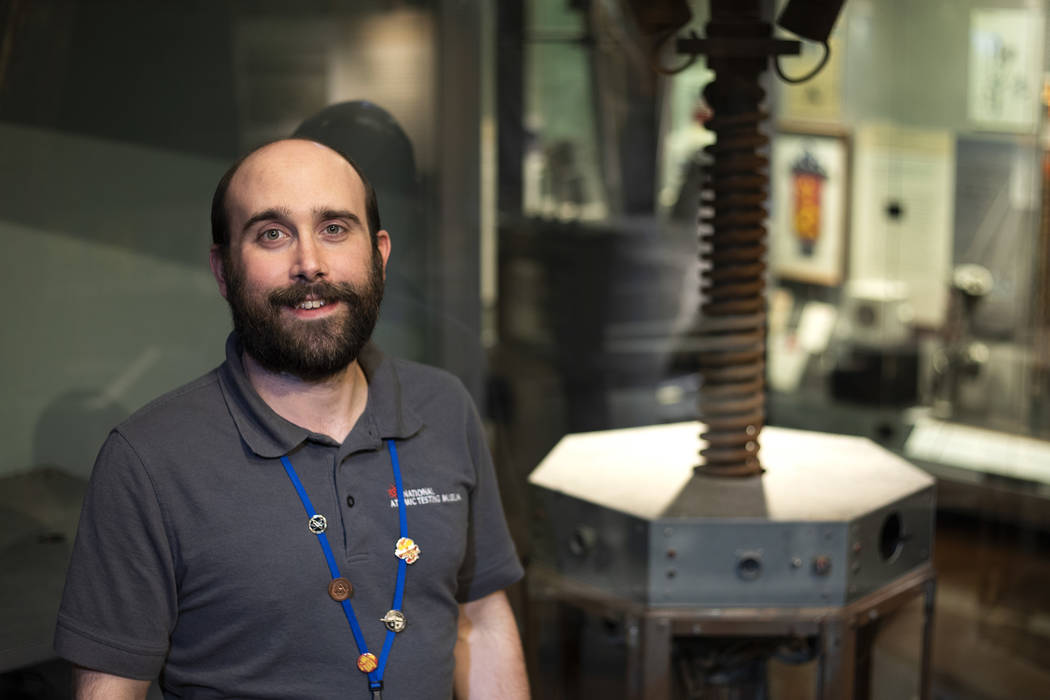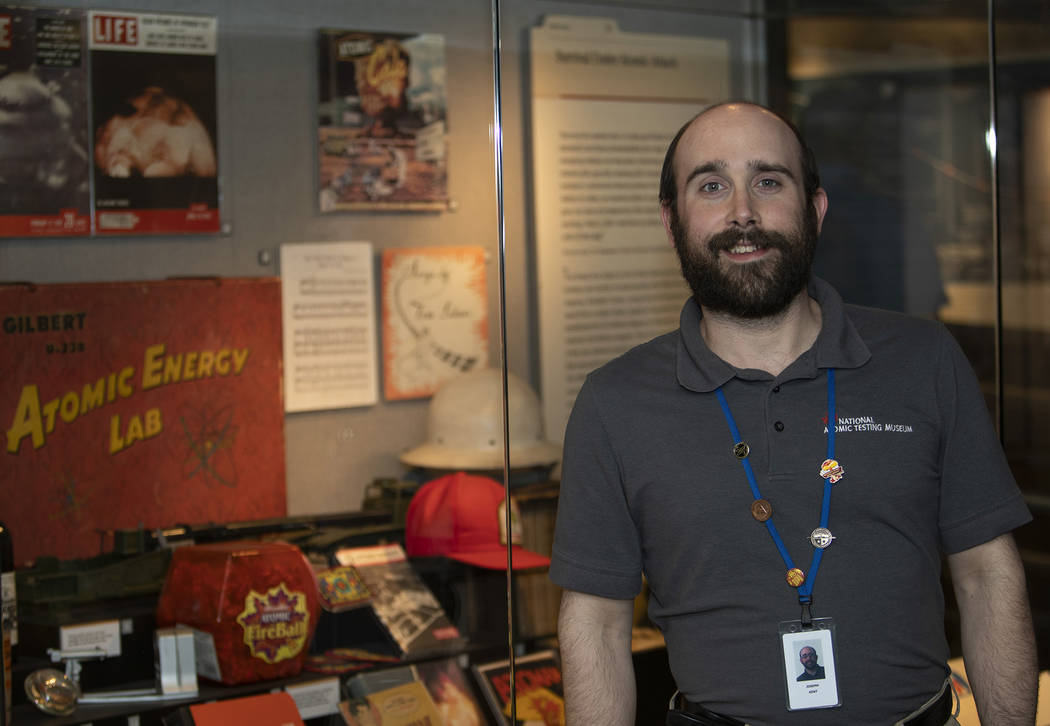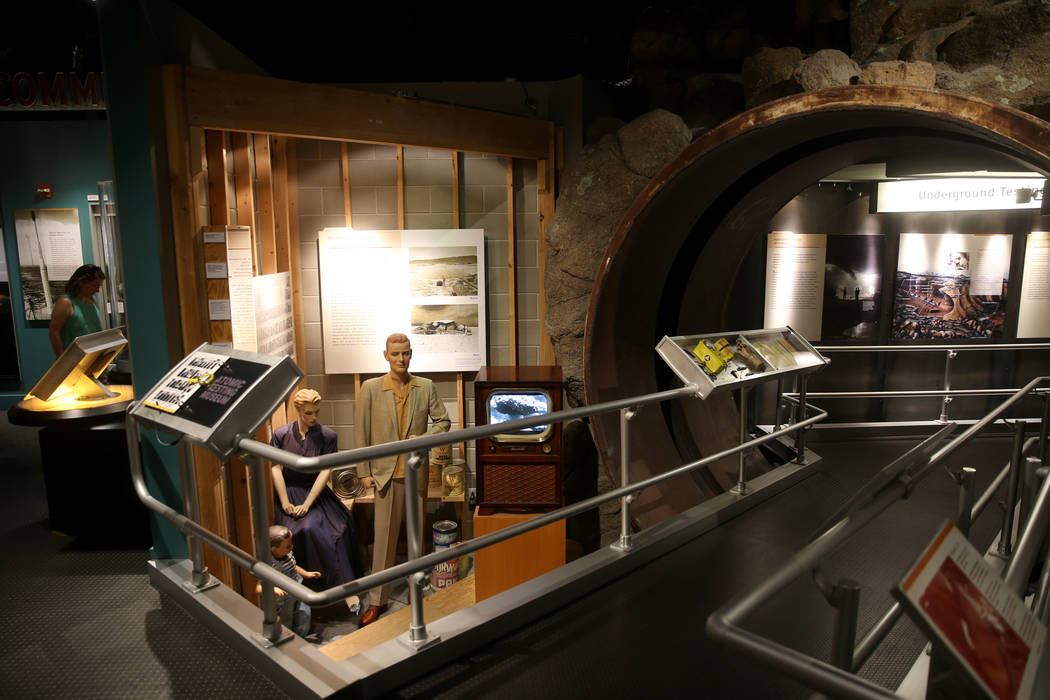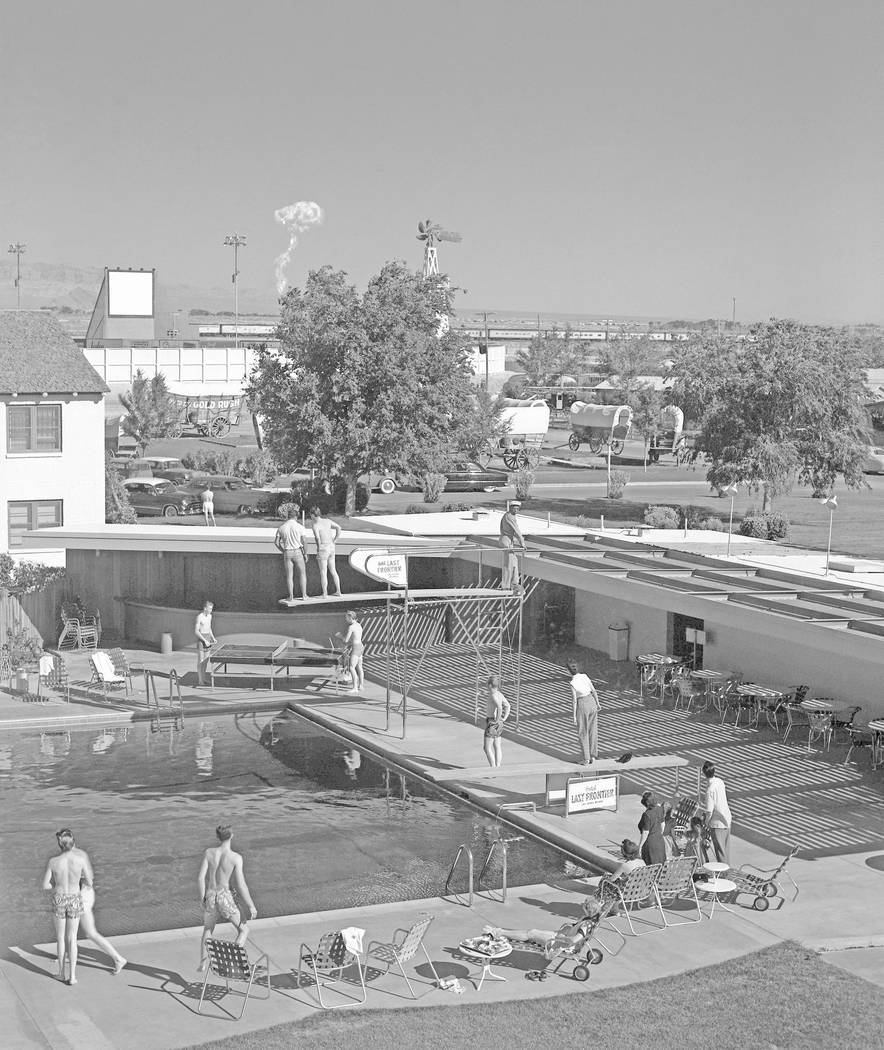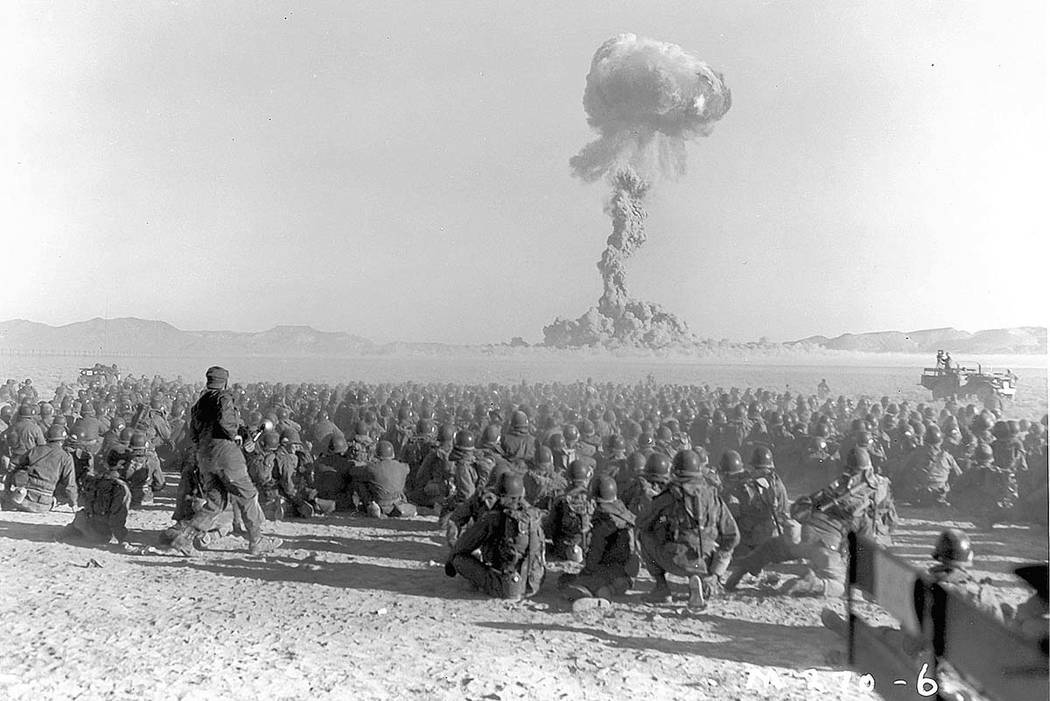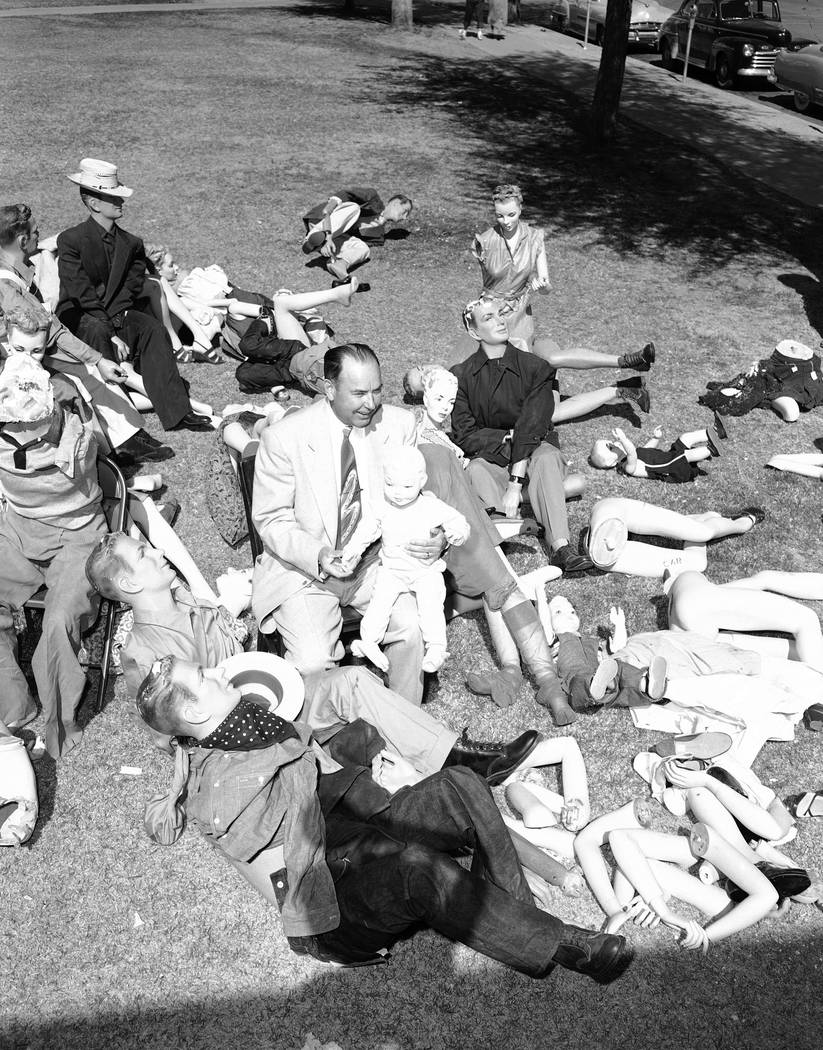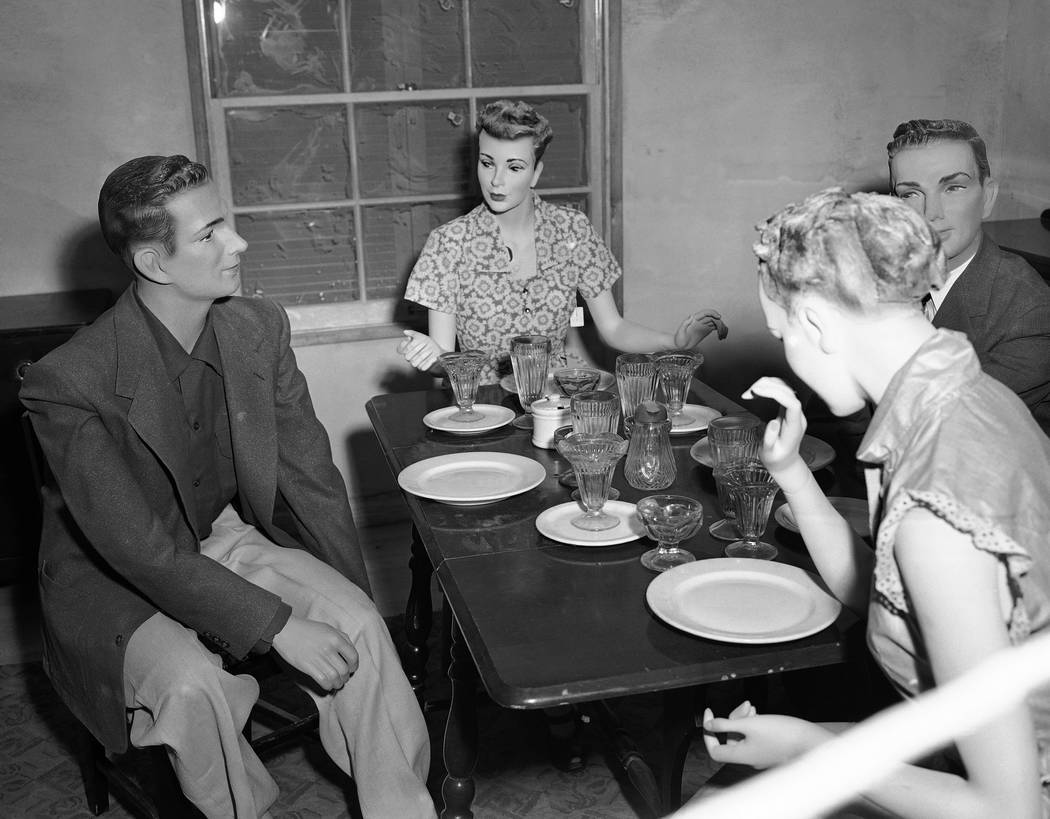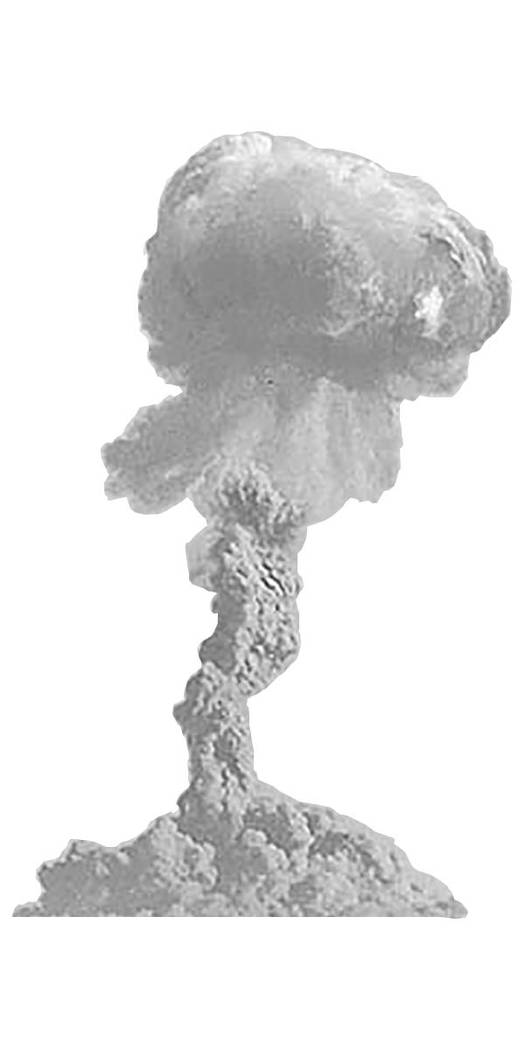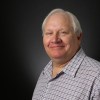Nevada’s nuclear past is fodder for museum official’s work
As a kid, Joseph Kent loved going to museums and hearing stories about people from the past whose deeds still resonate today.
But it wasn’t until high school that Kent figured out how to turn his passion for history and museums into a career. Last year, that career brought him back to Las Vegas, where he works as director of education at the National Atomic Testing Museum.
There, Kent helps chronicle the history of atomic testing in Nevada and educate the public about dramatic, fascinating and sometimes borderline bizarre stories of the former Nevada Test Site (now called the Nevada National Security Site).
Kent, 32, was born in Youngstown, Ohio, and grew up in a small town near Grove City in western Pennsylvania. “I remember going to the Outer Banks (in North Carolina) with my dad and stepmom and going to the lighthouse and hearing about pirates. I’ve always been fascinated with history, with hearing these stories.”
In high school, Kent was lucky enough to have “amazing teachers, and they really just showed me (history) could be fun,” he says. While researching potential colleges to attend, he discovered that Ohio Northern University in Ada, Ohio, had a museum studies program.
Kent earned a bachelor’s degree in history and museum studies and began a career that brought him to the National Atomic Testing Museum as education director from 2013 to 2016. He spent three years working at other museums and historical sites around the country before returning to Las Vegas in September 2019.
Now, Kent helps educate visitors and schoolchildren about America’s nuclear history and Nevada’s role in it. It’s serious stuff but sometimes includes topics that are a bit more offbeat. On April 17, he’ll present a few of those stories during a free program at noon at the Paseo Verde Library, 280 S. Green Valley Parkway in Henderson.
One of those stories details the role that mannequins from the J.C. Penney in downtown Las Vegas played in America’s nuclear testing effort. According to Kent, bomb testing at the Nevada Test Site during the early ’50s included areas “made to look like small towns in the United States. They had cars and school buses,” and even mannequins that sat in for people.
The mannequins were donated by J.C. Penney and outfitted in clothing from the store, Kent says. After testing, the mannequins — now damaged and discolored, but having survived the blasts in a way no person could — were put on display in the store’s front window to promote civil defense.
“They were decontaminated, of course,” Kent says. “But we have some in our collection.”
Review-Journal: You’re too young to have lived during the Cold War. Did you have to do a bit of catching up?
Joseph Kent: I was 4 years old when they stopped testing. That’s why kids who come in may not fully grasp (the history), because they’ve never grown up with the fear of a nuclear bomb being used. … My job is to convey stories of it.
How do you do that?
The biggest thing is trying to relate it to the current world we live in. People understand it may not be the easiest stuff we can talk about, but it’s important to have that discussion.
Do younger people differ from older people in how they respond to this slice of history?
To younger kids, it seems crazy. But older Nevadans visit us and they’ve lived through the Cold War and can understand there was a lot to fear and this (atomic testing) is something that was designed to protect us.
Who are the museum’s visitors?
You get some people who are very well-versed on the subject and the Cold War, and some people are fascinated by it. They know the Manhattan Project and the bombing of Hiroshima and Nagasaki. … Sometimes we have people who come in and don’t know much beyond that.
Nuclear weapons, nuclear testing and the use of nuclear weapons always have been controversial. Is that ever an issue among guests?
We have some who are very much pro-nuclear testing and (some are) against it, and we rarely ever encounter people who are nasty about it. They are pretty open-minded. Even if they’re against it, they still will at least listen. And we talk about the good and the bad. It’s a complicated story … I tell them we aren’t here to change their opinion, we just want them to leave knowing the good (and) bad.
What are guests most surprised about?
The biggest thing is understanding that the Nevada National Security Site, they’re still doing work out there.
Contact John Przybys at jprzybys@reviewjournal.com or 702-383-0280. Follow @JJPrzybys on Twitter.



